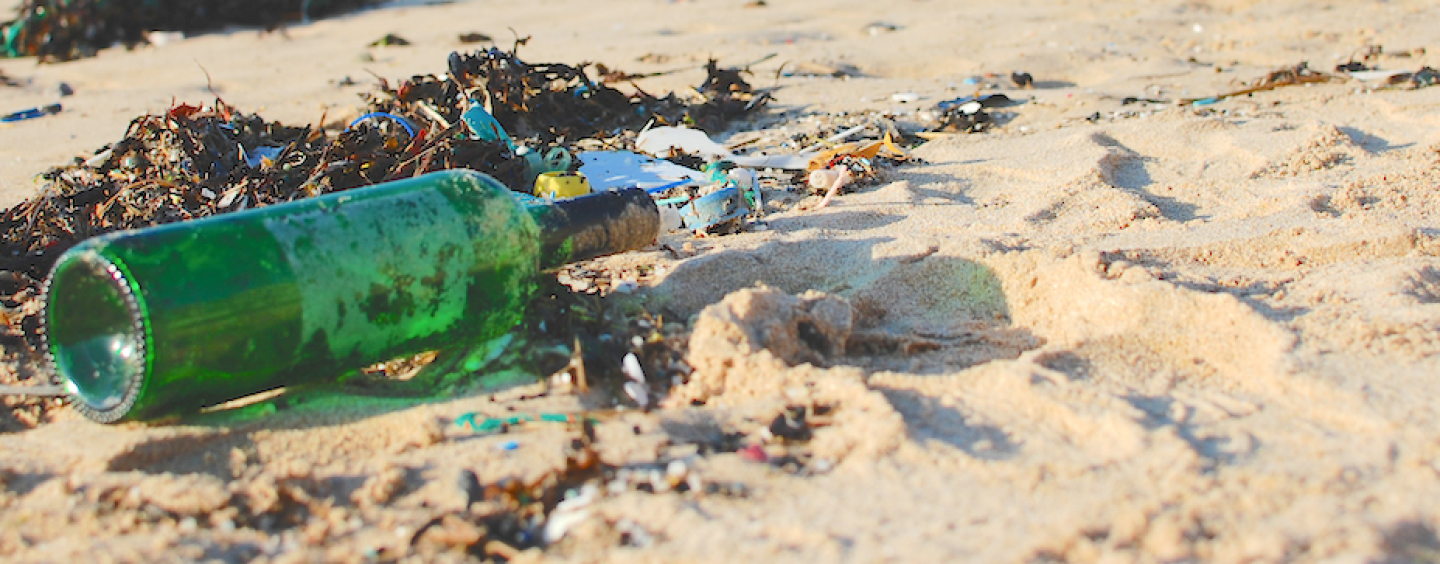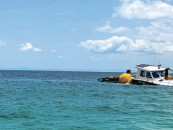We have received a number of queries recently about marine pollution laws for recreational vessels.
One inquirer was under the impression that minor oil spills (such as from a bilge system) more than three miles from the coast was not against the law. Wrong! A discharge of oil from a boat into the water is an offence wherever you are.
Another inquirer believed that an accidental oil spill was not against the law, because an accident was always just an accident and could not attract criminal liability. Wrong! An accidental discharge of oil from a boat is against the law.
Yet another inquirer was under the impression that littering from a boat was a minor offence that would only result in a ticket. Wrong! The laws relating to the discharge of garbage from a boat do not have an infringement notice, and could result in you being summoned to appear before a court.
Fortunately, legal professional privilege will protect the identity of these inquirers, because the questions showed a worrying lack of understanding of the laws concerning marine pollution in Queensland. This is worrying not only because of the huge fines that can be imposed, but also because the offences are strict liability. We explain what strict liability means further below.
Strict liability
The law regarding pollution from boats in Queensland waters is contained in the Transport Operations (Marine Pollution) Act 1995 and the supporting regulation. It is important to appreciate that these laws (with the exception of the sewage discharge laws, which are complex and are worthy of an article in their own right) are based upon an international convention that was designed to apply to international seagoing ships (MARPOL 73/78). Consequently, the laws are regarded as very serious. They provide for very large penalties and are relatively easy for the government to enforce.
So, for the purposes of pollution in Queensland, it does not matter whether it is a huge cruise ship in the port of Brisbane or a tinny in the Southport Seaway. The laws that apply to the discharge of oil and garbage are exactly the same.
Essentially, if you discharge any pollutants (oil, garbage or chemical substances) from a boat without a defence, then you commit an offence. It is not a defence if the discharge happened accidentally, or if you are mistaken as to the nature of the substance being discharged. For example, it would still be an offence if you believed it was water and not oil being pumped over the side. This is what we mean by strict liability. In essence, if the pollutant enters the water, and you do not have a defence available, then you are guilty of the offence regardless of the other circumstances.
Defences
The only defences available are:
- The discharge was necessary for the purpose of securing the safety of a ship or saving life at sea;
- The discharge resulted from damage to the ship or its equipment, and all reasonable precautions were taken after the damage happened, or the discharge was discovered to prevent or minimise the discharge of the oil; and,
- The discharge was approved by an authorised officer during an oil spill response or for training purposes.
In practice, these defences do not arise very often. Most of the time, pollutants go into the water by accident. Nevertheless, it is important to remember that an accidental discharge of any pollutants is not a valid defence and will still incur penalties.
Maximum Fines
For the discharge of oil by an individual, a penalty of up to 5,000 penalty units, which equates to a fine of $609,500, will be imposed. For a corporation, it is considerably more, with penalties up to 100,000 units which equates to a fine of more than $12 million.
For the discharge of garbage by an individual, a penalty of up to 3,500 penalty units, which equates to a fine of $426,650, will be imposed. More than $2 million if committed by a corporation.
With fines like that, spending a few dollars ensuring your bilges are clean and that your fuel tanks are in good condition would be a good investment. So, before you take your boat out next time, you might like to secure all loose items so that they cannot go over the side by accident. Check that your bilges are clear of oil, and think twice about throwing that chip packet or empty drink can over the side!
By Captain John Kavanagh, AFNI MQLS



























